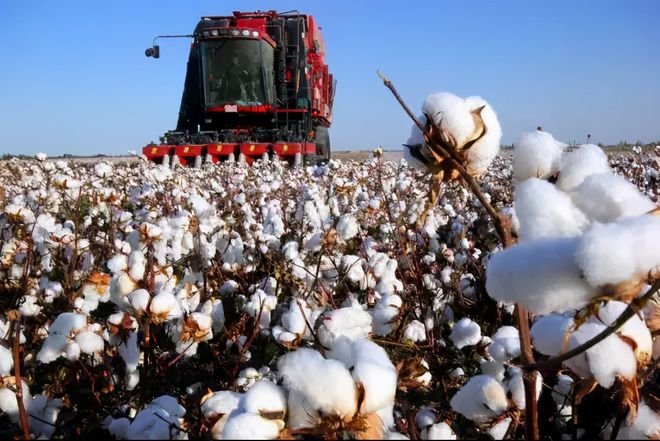There is not much difference between the two production systems in terms of planting practices. One of the main differences between organic and conventional cotton is the source of the seeds and the chemical techniques used to grow and protect crops. Organic cotton growers can not use biotech (genetically modified) seeds and, in most cases, synthetic pesticides can not be used unless other preferred methods are insufficient to prevent or control target pests.
Technically, organic cotton must be grown on land free of banned substances for three years. In the US, organic cotton is third-party certified and United States Department of Agriculture. Traditional cotton growers have more freedom. They can plant seeds for biotechnology or traditional breeding. They can use synthetic or natural nutrients and crop protectants, or use a combination of both. In addition to the above standards, U. S. conventional and organic cotton growers are required to comply with U. S. Federal Regulations and make full use of agricultural best management practices.
Does conventional cotton need more water than organic cotton?
In general, no more water is needed. Crop production systems (organic or traditional) have no effect on water requirements. The amount of water required is determined by the region and the specific cotton variety. In addition, both production systems can benefit from soil health practices (regenerative agriculture, the use of cover crops, crop rotation and so on) that have been shown to significantly improve soil organic matter and water storage capacity.
Are fiber yields comparable between organic and conventional cotton?
In general, organic cotton yields less fiber per acre. This is largely due to the difficulty of controlling large-scale pests and weed growth in compliance with organic guidelines.
Is organic cotton more sustainable than conventional cotton?
It depends on how sustainability is defined and measured. Both organic and conventional cotton have the ability to reduce certain environmental impacts when produced responsibly. By the standards, however, neither is itself more sustainable than the other.
Are pesticides allowed in organic cotton?
In short, yes. In the United States, for example, there is a list of approved organically produced pesticides from two synthetic and non-synthetic sources. However, the use of pesticides to control target pests is permitted only if other, more preferred methods are insufficient to prevent them. Both non-synthetic and synthetic insecticides can be used rationally to minimize the impact on human health and the environment, subject to the use of the product. These products are essential to reduce greenhouse gas emissions and other impacts such as water consumption, while also ensuring production to provide sufficient food and fibre to meet growing global demand.



